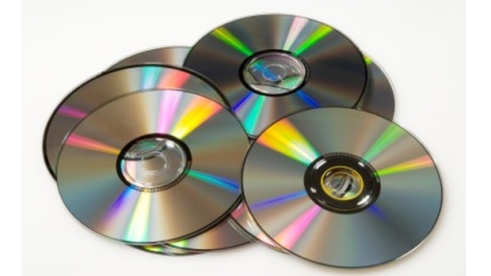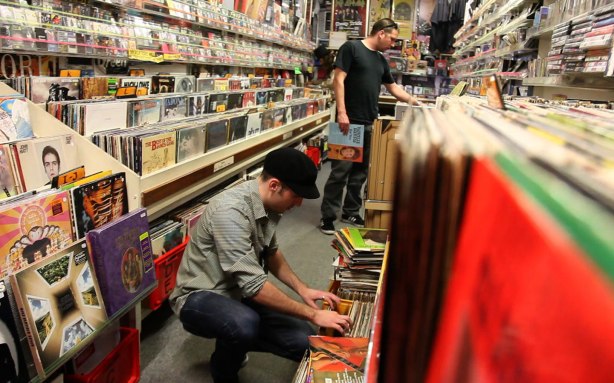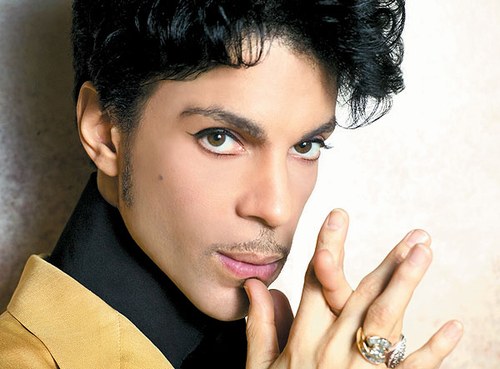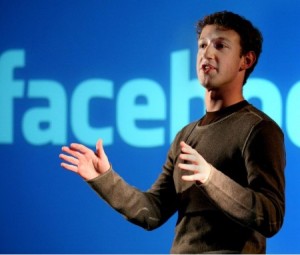One of the very first music features I wrote, back at the start of my journalistic career in the early 90’s, was about the then new format of compact discs. The piece argued that cds were an inferior and unnecessary format imposed on the listening public just to enable the evil record companies to get more money out of us. At the time that was not only the opinion of my editor, but also most fans of Black music. Mixing, cutting and scratching were an integral part of DJ-ing, and apparently you couldn’t do that with a compact disc. Not only that, but supposedly these cold sterile discs didn’t have the warmth of music recorded on vinyl. But over time it became harder and harder for the sceptics to resist. Record labels were releasing albums with bonus tracks on the cd versions, and certain albums on cd only. Vinyl heads were missing out. I had to relent, and once I did, I found that I actually preferred the format. They didn’t warp or scratch, had all the portability of a cassette, but you could easily rewind or skip tracks at the touch of a button. The record companies were right and the vinyl die-hards were wrong. CDs were better!
But 20 years later some of these vinyl die-hards
are still championing the old format, arguing that it is still somehow superior. A lot of these musical dinosaurs are DJ’s. They may tell us that they are music lovers, but then why would they argue against something that makes music easier to find, cheaper to buy, and easier to store and carry around? What they were so attached to was not infact the music, but the prestige that that old way of things gave them. They liked the fact that they needed help to hump big crates of records into a club, and the crowd had to part to let them through. They liked the rarified exclusive atmosphere of the specialist record shop, where they were on first name terms with the staff behind the counter, who would put aside exclusive new releases just for them. They hate the fact that now anybody can buy any track, no matter how old or rare in a matter of minutes for less than a pound, when they used to spend their Saturdays digging and haggling for ‘rares’ at dusty record fares.
They hate when kids in clubs come upto them in the DJ booth waving i-pods in their face showing them what tune they want them to play. Due to Spotify, and i-tunes and Shazam, they’ve lost their prestige. Like supporters of President Assad in Syria or Gaddafi in Libya, its natural that when you’ve invested so much for so long in the old system, you don’t want to let it go. THAT’S why let don’t want to let the good old days of vinyl go.
So why am I bringing up this tired old argument in 2013? To illustrate that you can’t fight progress, and you’re wasting your time and energy if you try. Sorry vinyl junkies – the game has changed and the good old days ain’t never coming back.
Their’s is a sad feeling of nostalgia that the record companies now share. Back in the 90’s people cursed them for imposing cds on us. Now the record companies are cursing the internet for destroying the music business. Just as people no longer need to go to a record shop to buy music, artists don’t need to go through a record label to release it. They can instead cut out the middle man and release it straight to the fans.
Jay Z recently inked a deal with mobile phone manufacturer Samsung, where they purchased in advance of release, a million copies of his new album to give away free to the first one million Samsung Galaxy owners who download a special app.
In 2007 Prince did a similar thing by selling the rights to release his Planet Earth album to the Mail on Sunday, who then gave it away free with the paper, in an attempt to boost their circulation.
The record companies hate all this. They’ve lost their monopoly – they’ve lost their prestige. They are increasingly irrelevant.
But the artists are worrying too. Though old fogies like me are happy to pay 99p for a single or £5.99 for and album, in this era of free downloading and streaming, kids nowadays don’t think they should have to pay ANYTHING. So if you’re not Jay Z or Prince, how is an artist to make money?
Well the answer seems to be through live shows. Though kids may not be prepared to pay for the music, they are prepared to shell out to see their favourite artists perform it live. (Haven’t you noticed how much concert ticket prices have gone up of late?) That’s why many record companies are now insisting on deals that include recouping a portion of proceeds from ticket sales. The rules of the game have changed – the record companies have realised that they have to adapt or they will die.
They are not the only one’s fretting. The internet has changed the way we consume everything. Not only record shops, but book shops too are closing (blame that on Amazon). Book publishers are shook because authors can publish themselves more cheaply than ever using ‘Print on Demand’ technology. Sales of print media are also free-falling. Why pay for a newspaper when you can read the news for free on-line? Rupert Murdock has erected a pay-wall around some of his on-line titles, and the other publishers are watching closely to see whether he is still a business visionary or whether he has hastened his own demise.
But its also affecting us journalists. If less people are buying papers and magazines, then that means not only a loss of income from the cover price, but less interest from the advertisers. If the magazines and newspapers are earning less, then they in turn have less money to pay the writers. And if people can follow their favourite artists on twitter, download their new music for free before its even officially released, and read reviews of it on blogs, then what is the point of music journalists anyhow? Like the record labels, we have become redundant and surplus to requirements. Now everyone’s worried. The rules of the game that have existed for decades, have changed and nobody’s told us what the new ones are.
The new business model adopted by Jay Z and Prince, as well as Twitter and Facebook is rather than try to get a small amount of money from lots of customers, you give your product away for free to even more customers, and then get big money from a few large corporations, who want access to your customer base.
The internet has brought us an on-line revolution – taking the power from a small elite of all powerful publishing houses, record labels, gatekeepers and taste-makers, and shared it out to the general public. Comedians no longer have to wait for some out of touch TV exec to give them their big break. They can set up their own channel on YouTube. Thanks to the net, now everyone’s a DJ, and everyone’s a writer. Thanks to smart phones anyone can be a photographer or journalist. The amateur who’s there on the scene is of a lot more use than the professional who’s sat in the office. Naturally this has resulted in a decline in the market value of these trades.
But though the business models have changed drastically over the last decade or so, human nature is exactly the same. People still want to hear new music and share the experience with their friends, only now they huddle around a mobile phone instead of a radio-cassette recorder. People still want to indulge in the latest gossip, only now it’s more likely to be about a celebrity they have never met, rather than someone they actually know. The desire to hear gripping stories told around a fire is as old as civilisation. When cinema was invented they thought it would kill radio. When TV was invented they thought it would kill cinema. Neither happened – people just consumed them differently.
So don’t cry for the old days, welcome in the new, and spend your time figuring out how you can get your slice of this newly egalitarian pie.
ends




